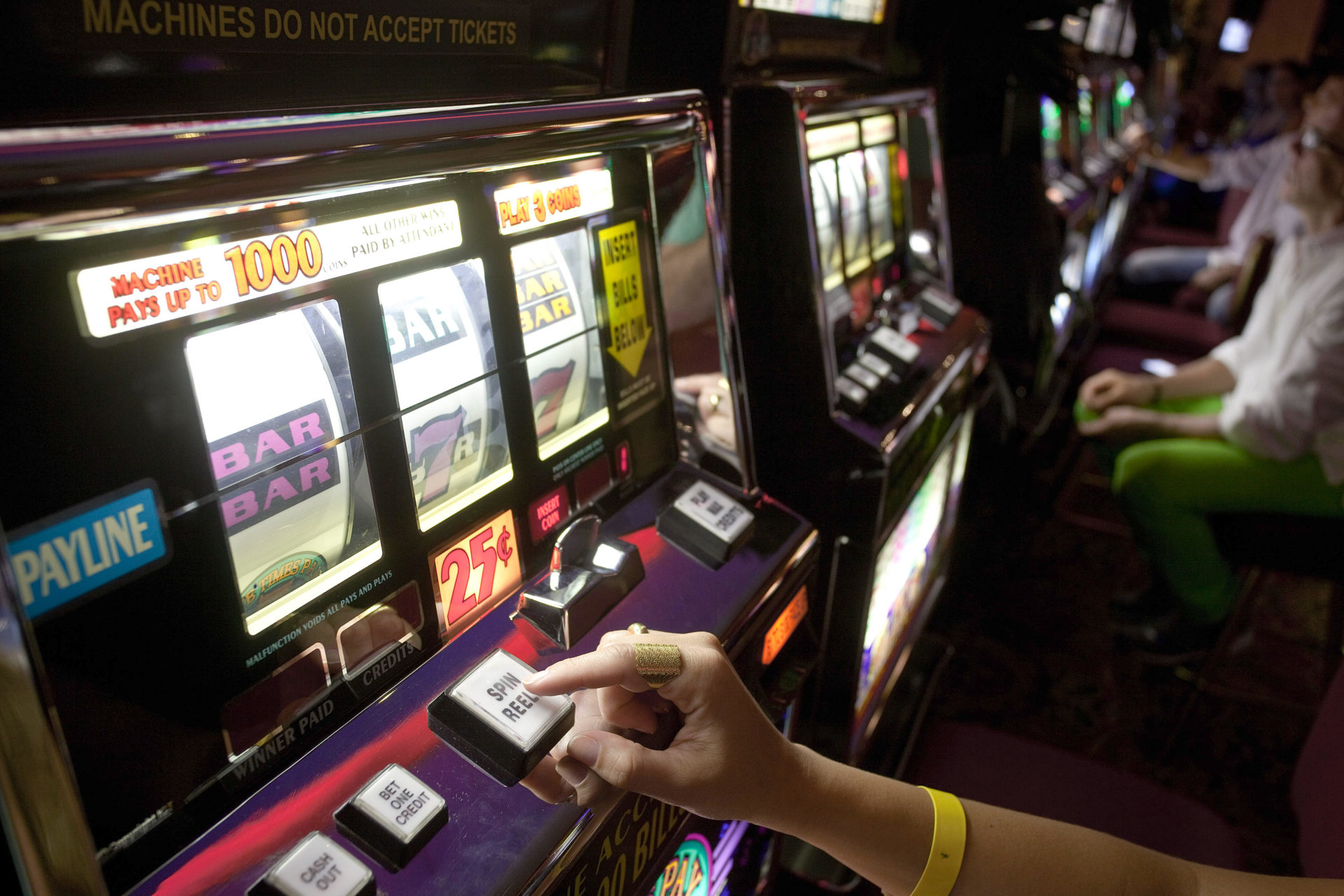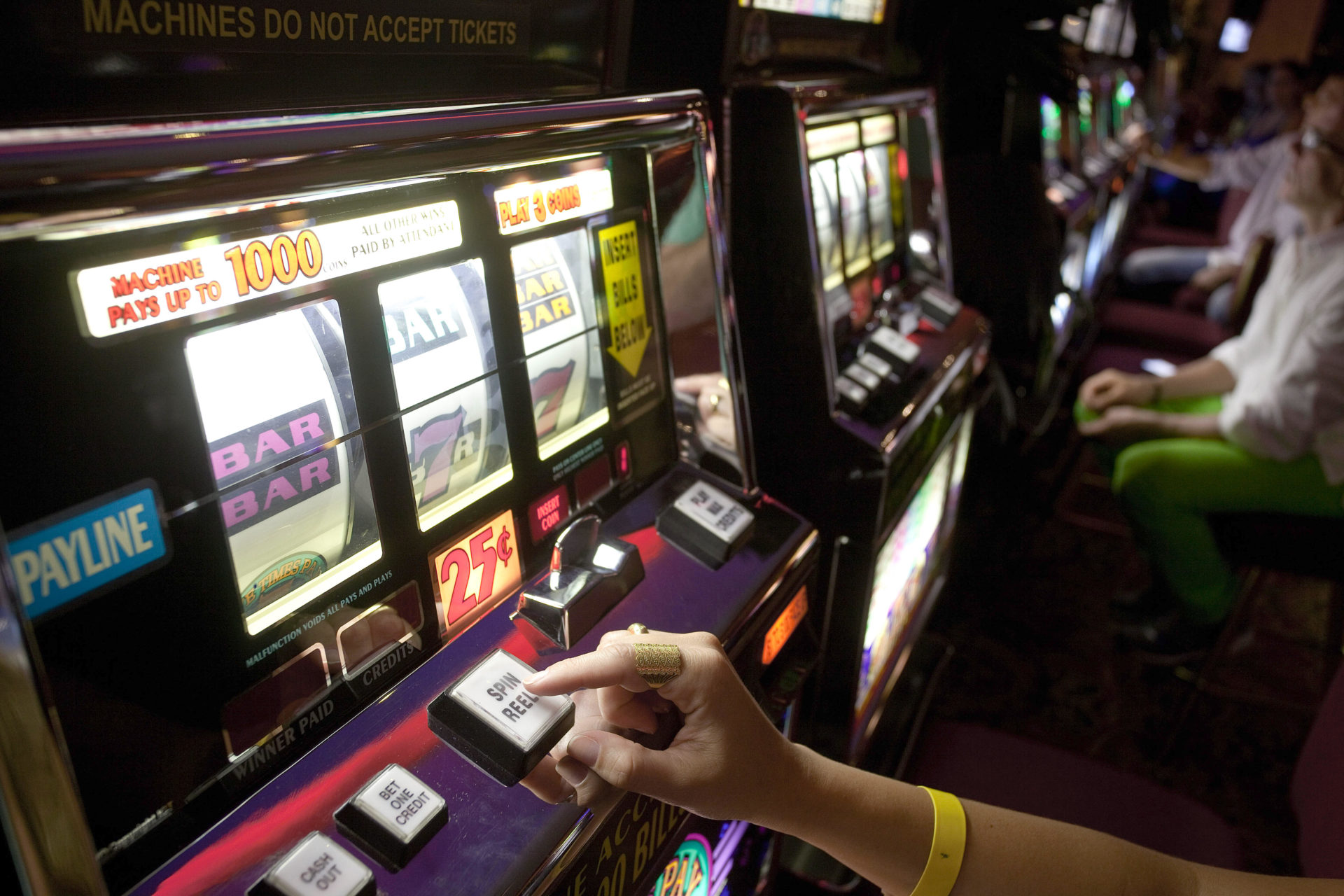The loot boxes common in many video games are too similar to gambling and are dangerous to children, a psychotherapist has warned.
Loot boxes are virtual packages in many video games that offer a randomised prize such as a weapon, tool, or new accessory.
Some video games charge players real money to get a loot box – but they cannot control what virtual prize they get.
Psychotherapist Stella O’Malley said it is the financial charge to play a loot box that poses a danger to children.
“They’re not making money, but it’s very like gambling,” she told Newstalk Breakfast.
“It’s random whether you’re going to win.
“It’s very like slot machines – you’re pressing buttons, you’re mesmerised by it, you might win something, but you feel like you’re getting somewhere.”
Long-time gamer Donal texted the show, saying he can “totally see how loot boxes can become addictive”.
“[They just want] to get a new weapon or character,” he said.
 Gaming loot box.
Gaming loot box.Ms O’Malley said loot boxes can tap into the “gambling synapse” of the brain – which is very dangerous to children sensitive to “the compulsive loop”.
“If you’re in the loop, you’re effectively pressing buttons constantly, it’s a dopamine hit and you’re continually chasing it,” she said.
“You might get into the loop on social media sites – you log in to Twitter, then over to Facebook, then back to Twitter, then Facebook again.
“You might do that again and again and you don’t even realise.”
‘Devastating’
If a child has a disposition for the compulsive loop, loot boxes can be “devastating”.
“It’s a small number [of children], but the devastation is so high,” Ms O’Malley said.
“It’s almost like something like hard drugs.”
Ms O’Malley said she is “amazed” by the lengths some children go to to play on loot boxes – similar to what gamblers do for a fix.
 Gambling inside casino. Image: Pulsar Imagens / Alamy Stock Photo
Gambling inside casino. Image: Pulsar Imagens / Alamy Stock Photo“Some are stealing their parents’ credit cards,” she said.
Children should be offered games that aren’t effectively online gambling, according to Ms O’Malley.
“There’s so much brilliant stuff online, so many brilliant video games, really creative,” she said.
“Can we not as a society try to tap into the gambler and show them other things instead?”
You can listen back here:
